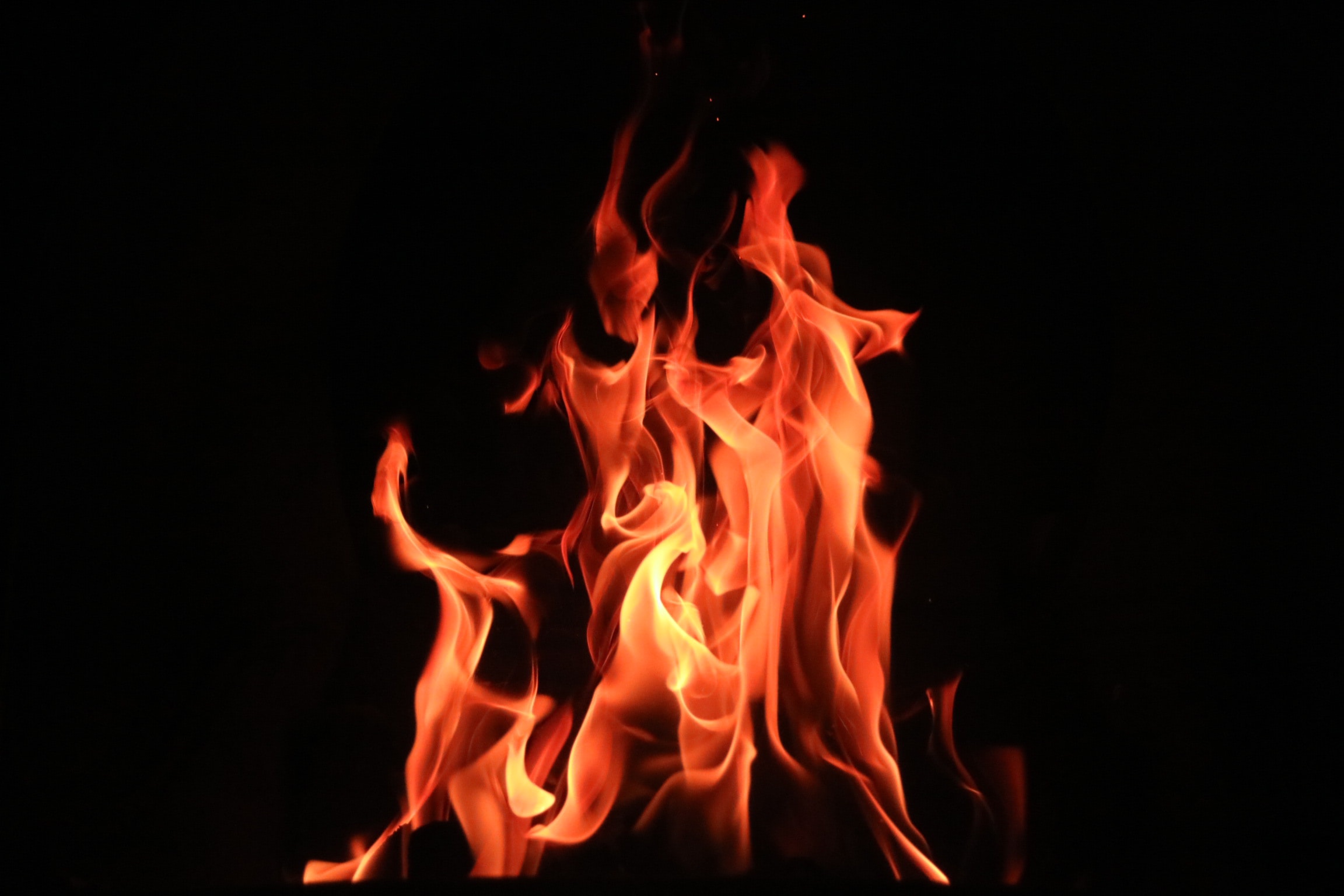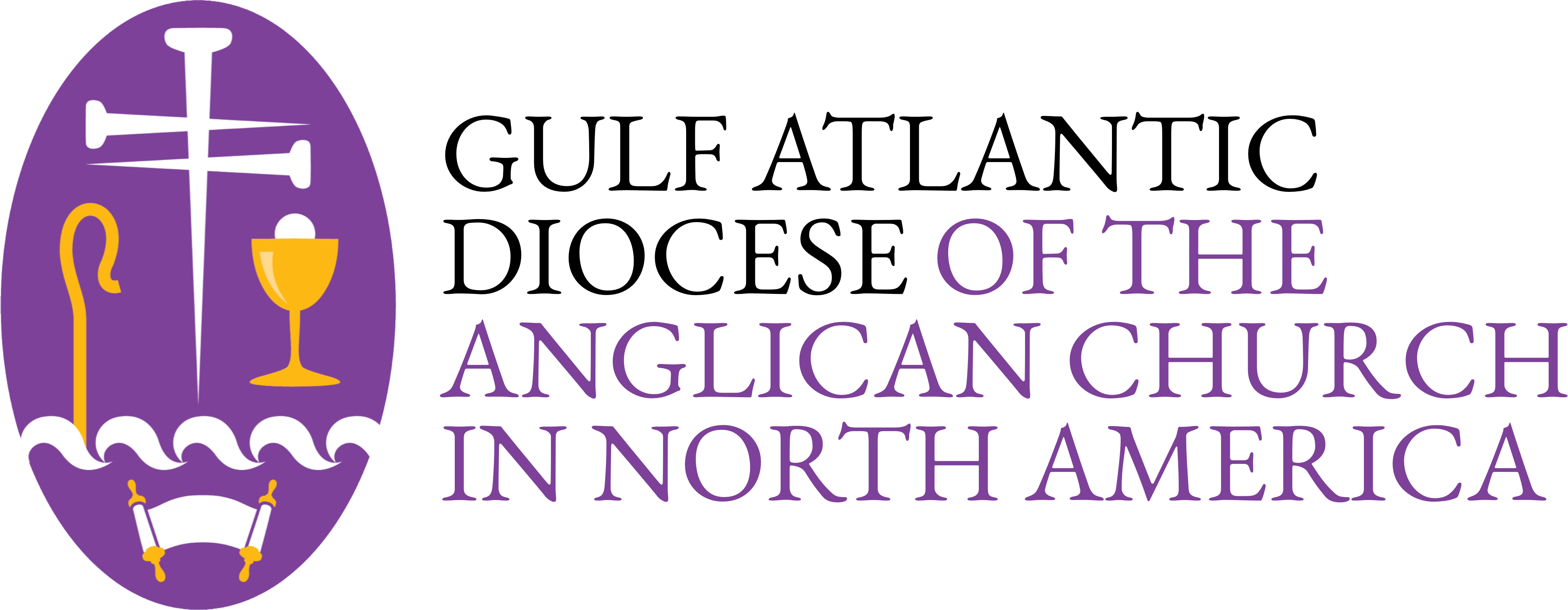
The picture of Jesus surrounded by children is in all our Sunday school books.
It’s a tableau so familiar and so tame. Yet somehow in its tenderness, we have lost the sense of what a radical point Jesus was making by welcoming such young ones. Why were the disciples so disturbed by the presence of children? The Gospels record that they rebuked people for giving children access to Jesus. Was it just that they considered children insignificant, or could it be that, like us, the disciples also feared children’s unsettling requests?
But it turns out that’s just what Jesus is looking for.
I shared in May that in the early days of our family our children frequently spooked us with their bold prayers. We were always left with the question of why we were inclined to restrain their candid and conversational requests of God. Did we think he needed us to protect his reputation in case of failure or disappointment?
How were we to understand our reluctance to let our children be bold and direct? Intrigued by the dynamics of this encounter with Jesus and the children, we eventually strove to be more like the children in the story seemed to be. The principle is as powerful now as it was when we were first seeing it at work in our home. Praying scary childlike prayers has application for our own life as disciples, as well as for the way we encourage others.
Casting Ourselves, and Others, on the Father
A passage from a book called What They Did Right encouraged us in the early days. Virginia Hearn collected the reflections of Christian leaders on their experience of spiritual training in their childhood homes, and one testimony particularly struck us. Beatrice Cairns grew up in Belfast, but later moved to Canada where she served InterVarsity Christian Fellowship. Beatrice lost her father while still a young child. Her account of it deeply affected the way we prayed for our kids, and still influences our ministry today.
On the night of my father’s death, I received a gift which is priceless to me today, although I accepted it at the time without any sense of its value. I wonder if she knew herself. Sometime in that timeless day, someone put my brother and me on top of a large double bed. Somewhere out of the dark, my mother came and lay down between us, putting an arm around each of us and holding us close. “You know,” she said, “there are only three of us now. We have no Daddy, but we have a heavenly Father who has promised to be a father to the fatherless and a husband to the widow, so everything will be all right.” And then, “Let’s say our prayers.” We repeated the Lord’s Prayer together as we had done every night since we could talk.
For me. from then on, that was real: we were God’s special charge. He was responsible for us. The Bible said that, Mother believed it – and that was enough.
The apostle Peter exhorts us, Cast all your anxiety on him because he cares for you (1 Peter 5:7, NIV). This confidence is what Beatrice Cairns’ mother gave to her. Praying aloud with people to cast their needs on the Father, who alone is able to meet their needs, has become a fruitful avenue of prayer for us. It’s bold, and it takes us out of the mediating role, and, rather, expresses a more expectant and childlike trust in God. But it can feel vulnerable or risky to us, especially when we are dealing with someone who is already hurting in some way. Why increase a hurting person’s chances for discouragement by asking something of God directly and waiting for him to answer? It’s tempting simply to offer only spiritual comfort and advice. Such comfort’s not always a bad thing. But how much better to express confidence that the God whom Jesus promises notices when a sparrow falls . . . sees their situation. He waits for us, even entreats us repeatedly, to come to Him directly, to ask boldly.
The prophets and Psalms are filled with such entreaties, and Jesus tells more than one parable to urge His disciples to approach God directly, specifically. He tells them to pray like they were waking a friend at midnight to borrow bread. Pause here a second. Picture yourself doing that. Really. Where would your heart be? Why? What would it take for you to appear at your neighbor’s door in the middle of the night? Jesus encourages such “shameless persistence” when it comes to prayer (Luke 11:8 NLT).
Prayer Lab in a Secular Classroom
When I was teaching Bible and Religion in quite a secular private secondary school, it occurred to me that lots of classes had lab components, where they took their theoretical knowledge and put it to the test. Why not have a lab for Religion class? What would that look like? Since we were studying the Gospels, including Jesus’ parables on prayer, we started by keeping an experimental prayer journal. Few of my students would have identified themselves as Christians or as disciples, but this was a required class and I was assigning them to experiment in prayer, to respond to the encouragement of the Scriptures to come to God directly and boldly, and simply see what happened. I was casting them on the Father. We were responding to the text they were studying, but it felt risky . . . vulnerable. I was out of control in the experiment. God, though, was present and generous. The students came back with startling stories, and lives were changed in ways I will never forget. When I cast them on the Father, his answers to their prayers deepened my own faith.
In what ways might you be keeping your prayers safe?
How could you be more honest as you boldly approach the Lord on His throne of grace, (Hebrews 4:16 KJV) trusting in His attentive love for you?
